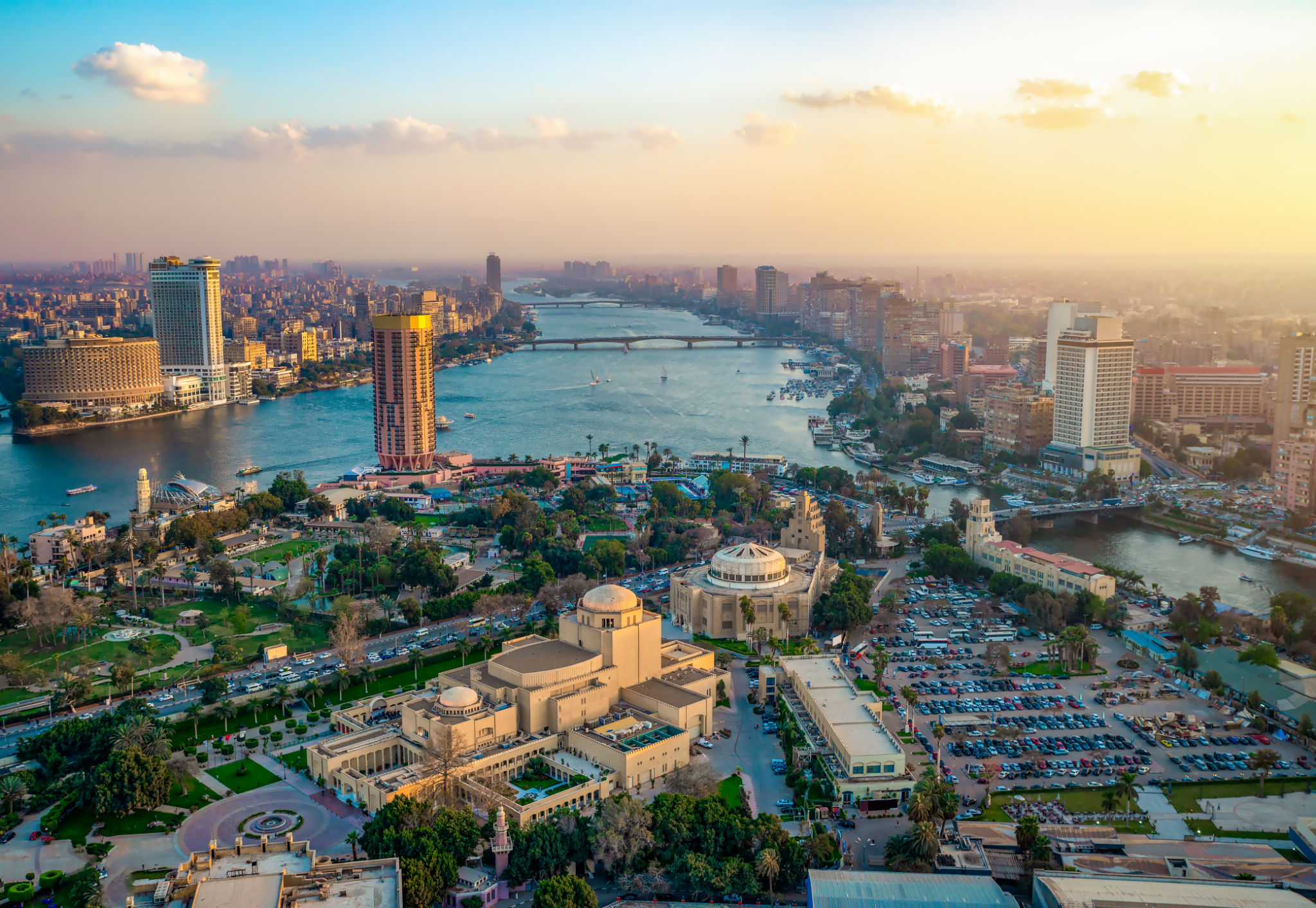Myth-Busting: Common Misconceptions About African Emerging Markets
IB
Understanding African Emerging Markets
When it comes to investing and doing business in Africa, many people hold onto outdated assumptions and misconceptions. These myths can hinder potential opportunities and prevent businesses from tapping into a region with immense potential. In this blog post, we aim to debunk some of the most common misconceptions about African emerging markets.

Misconception 1: Africa is a Single Entity
Africa is often mistakenly viewed as a single, homogenous entity. In reality, it is a diverse continent composed of 54 countries, each with its own unique cultures, languages, and economic landscapes. This diversity means that each country presents its own set of opportunities and challenges for businesses.
Understanding the specific characteristics of each market is crucial for success. For example, South Africa's tech industry differs significantly from Nigeria's oil sector or Kenya's burgeoning agricultural market. Recognizing these differences can lead to more informed and effective business strategies.
Misconception 2: Africa Lacks Infrastructure
While it's true that some regions in Africa face infrastructure challenges, the narrative that the entire continent is devoid of infrastructure is misleading. Many African countries have made significant strides in improving their infrastructure, with investments in transportation, energy, and technology sectors.
Countries like Rwanda and Ethiopia have become renowned for their infrastructural advancements, particularly in telecommunications and transport. Moreover, the emergence of smart cities and tech hubs across the continent is a testament to Africa's growing infrastructure capabilities.

Misconception 3: Political Instability is Ubiquitous
Political instability in certain areas often overshadows the stability found in many African countries. It's important to note that political climates vary significantly across the continent. Countries such as Botswana and Ghana have maintained stable democratic systems for decades.
Investors should assess political risks on a country-by-country basis rather than generalizing based on isolated incidents. Many African nations have developed robust legal frameworks to protect foreign investments, offering a conducive environment for doing business.
Misconception 4: Limited Consumer Market
A common myth is that Africa lacks a substantial consumer market due to lower income levels. However, Africa is home to a rapidly growing middle class with increasing purchasing power. This demographic shift presents vast opportunities for consumer-focused businesses.
The demand for goods and services such as mobile technology, financial services, and consumer goods is on the rise. Companies that recognize and cater to these demands can tap into a lucrative market with significant growth potential.

Misconception 5: Lack of Innovation
Contrary to the belief that innovation is scarce in Africa, the continent is teeming with entrepreneurial spirit and groundbreaking ideas. Africa's young population is driving innovation across various sectors, including fintech, agriculture, and health tech.
Initiatives like mobile money platforms in Kenya and tech start-ups in Nigeria are leading the way in showcasing Africa's capacity for innovation. Businesses that align themselves with these innovative trends can benefit from partnerships and market expansion opportunities.
Conclusion
Dispelling these myths is crucial for anyone looking to explore African emerging markets. By understanding the realities of these markets, businesses can better position themselves to seize opportunities and contribute positively to the continent's economic growth.
As Africa continues to evolve, staying informed and challenging preconceived notions will be key to unlocking its immense potential.